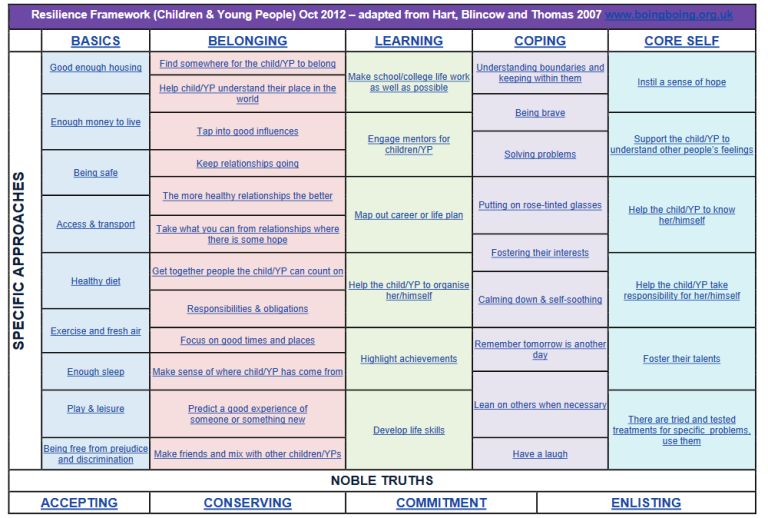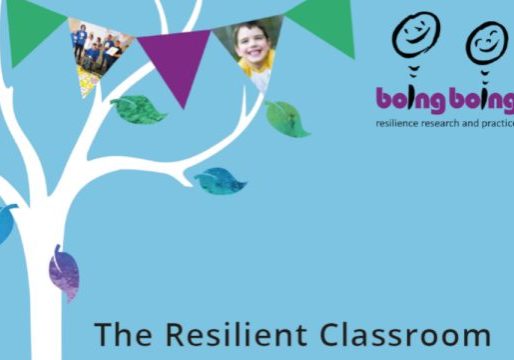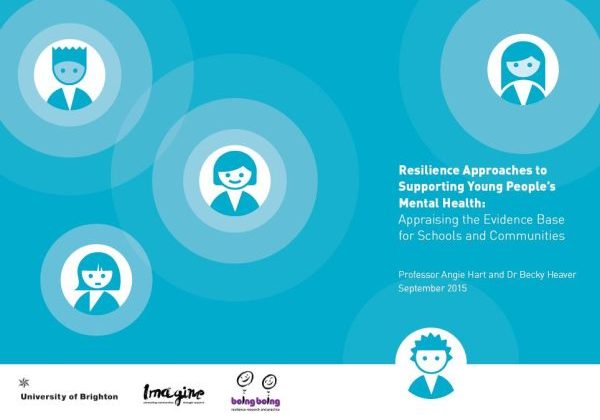The Interactive Resilience Framework
Using our latest Resilience Framework, we have written an Interactive Resilience Framework which is designed to be user-friendly, allowing you to click on areas that interest you to find out more. It was developed especially for working with schools, holding the children and young people in mind, and is one of the resources from the Academic Resilience Approach.
Each link takes you to a glossary section with further information about that particular approach, including expanding on what it is, why it is important and how it could be achieved in a school context, what young people themselves think about it, and examples of relevant research evidence with further references.
We know teachers and school staff are incredibly busy, so we’ve tried to keep it short and sweet, allowing you to dip in and out depending on what you want to know, and giving you a starting point if you want to find out more. You can preview it below, or you can download the full version of the Interactive Resilience Framework pdf file to use the hyperlinks.



